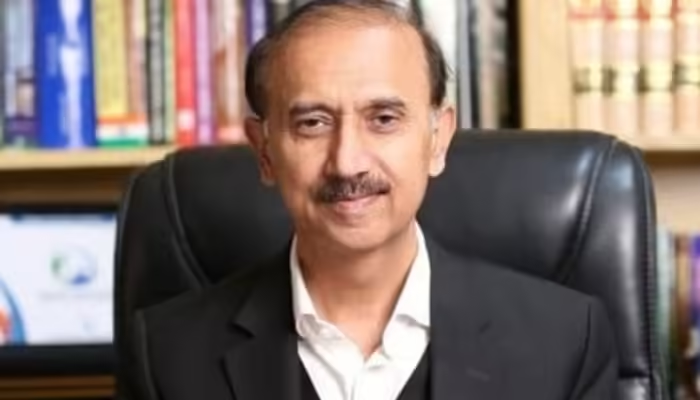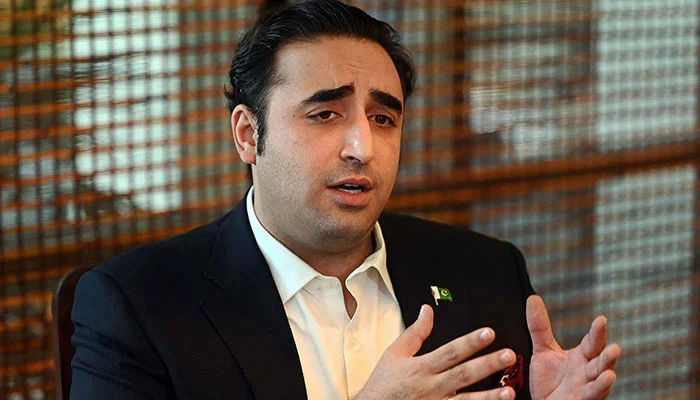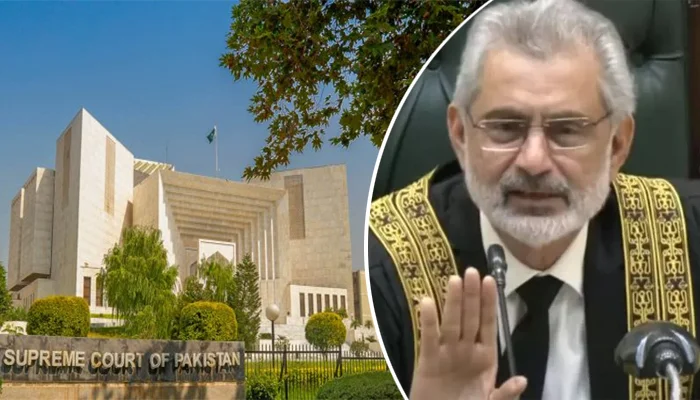In a recent TV interview, Pakistan Tehreek-e-Insaf (PTI) leader Shoaib Shaheen voiced his concerns regarding the Supreme Court’s explanatory decision on reserved seats, accusing the Election Commission of malice in handling the matter. This controversial ruling has sparked a debate, with members of both PTI and Pakistan Muslim League-Nawaz (PML-N) sharing differing views on the legitimacy of the decision and its potential consequences for the country’s political landscape.
The Supreme Court’s Explanatory Decision
The Supreme Court of Pakistan recently issued an explanatory decision related to reserved seats in the National Assembly, a matter that has caused significant tension among political parties. According to Shoaib Shaheen, eight judges of the full court provided this decision without first releasing a detailed judgment, leading to confusion and concerns over the process. He believes that the minority view of the judges has already surfaced, further complicating the situation and casting doubt on the motives behind the ruling.
Shoaib Shaheen emphasized that the Supreme Court’s explanatory decision comes amid mounting political pressure. He expressed concern over the Election Commission’s role in the case, stating that the explanatory decision appears to be the result of malice on the Commission’s part. He questioned the legitimacy of the Commission’s actions, suggesting that the petition was not handled fairly. He argued that once the records are reviewed, the motives behind the ruling will become clearer.
Reserved Seats and the Minority View
The issue at the heart of this controversy involves the allocation of reserved seats, which is a critical component of Pakistan’s electoral process. Reserved seats are typically allocated to women and minorities to ensure their representation in the National Assembly. However, the recent decision by the Supreme Court has been met with opposition, as it appears to go against the standard procedure for determining these seats.
Shoaib Shaheen criticized the manner in which the decision was made, particularly the fact that the minority view of the judges was revealed before a detailed judgment had been written. He argued that this irregularity raises serious questions about the transparency and fairness of the judicial process. The PTI leader also pointed out that when the petition was first filed, the details were unclear, but he hopes that further examination of the records will shed light on the matter.
PML-N’s Response: Concerns Over Legitimacy
On the other side of the political spectrum, Pakistan Muslim League-Nawaz (PML-N) leader Bilal Azhar Kayani also commented on the Supreme Court’s decision. However, his perspective differed significantly from that of Shoaib Shaheen. While Shoaib Shaheen saw malice and political manipulation in the ruling, Bilal Azhar Kayani argued that the decision raised legitimate questions that needed to be addressed.
Kayani expressed concern over what he described as an “extraordinary explanation” of the reserved seats issue. He argued that the explanatory decision left many questions unanswered, particularly regarding the allocation of specific seats to political parties. According to Kayani, certain political parties had previously stated that they were not seeking reserved seats, yet the ruling provided them with these seats anyway. This inconsistency, he argued, undermines the integrity of the electoral process and could lead to further legal challenges.
Legal Implications and Status Quo
One of the central legal issues in this case revolves around the status quo of the reserved seats. Bilal Azhar Kayani pointed out that until the Election Commission issues an official notification, the status quo remains in place. This means that the current allocation of reserved seats cannot be changed until the Commission takes further action.
Kayani suggested that the best course of action would be to resolve the matter through a revision appeal in court. This would allow for a thorough review of the Supreme Court’s decision and provide an opportunity to address the concerns raised by both PTI and PML-N. He emphasized the importance of handling the case within the legal framework, rather than allowing political tensions to escalate further.
The Role of the Election Commission
The Election Commission of Pakistan plays a pivotal role in this ongoing controversy. As the body responsible for overseeing elections and ensuring fairness in the electoral process, the Commission has come under fire from PTI for its alleged role in influencing the Supreme Court’s decision. Shoaib Shaheen accused the Commission of acting with malice, suggesting that it played a direct role in the outcome of the case.
However, Bilal Azhar Kayani took a more measured approach, arguing that the Election Commission should be allowed to carry out its duties without undue interference. He suggested that while the explanatory decision raised important legal questions, it was essential to let the Commission follow due process and issue its official notification before drawing final conclusions.
A Legal Battle Brewing?
The Supreme Court’s explanatory decision on reserved seats has ignited a fierce debate between PTI and PML-N, with both parties offering conflicting interpretations of the ruling. Shoaib Shaheen’s accusations of malice on the part of the Election Commission have added fuel to the fire, while Bilal Azhar Kayani’s calls for a revision appeal suggest that the legal battle is far from over.
As the political landscape continues to evolve, the outcome of this case will have significant implications for Pakistan’s democratic process. Both parties agree that the matter should ultimately be resolved in court, but the road to resolution is likely to be fraught with legal and political challenges. Only time will tell whether the Supreme Court’s decision will stand or whether it will be overturned in a future appeal.



